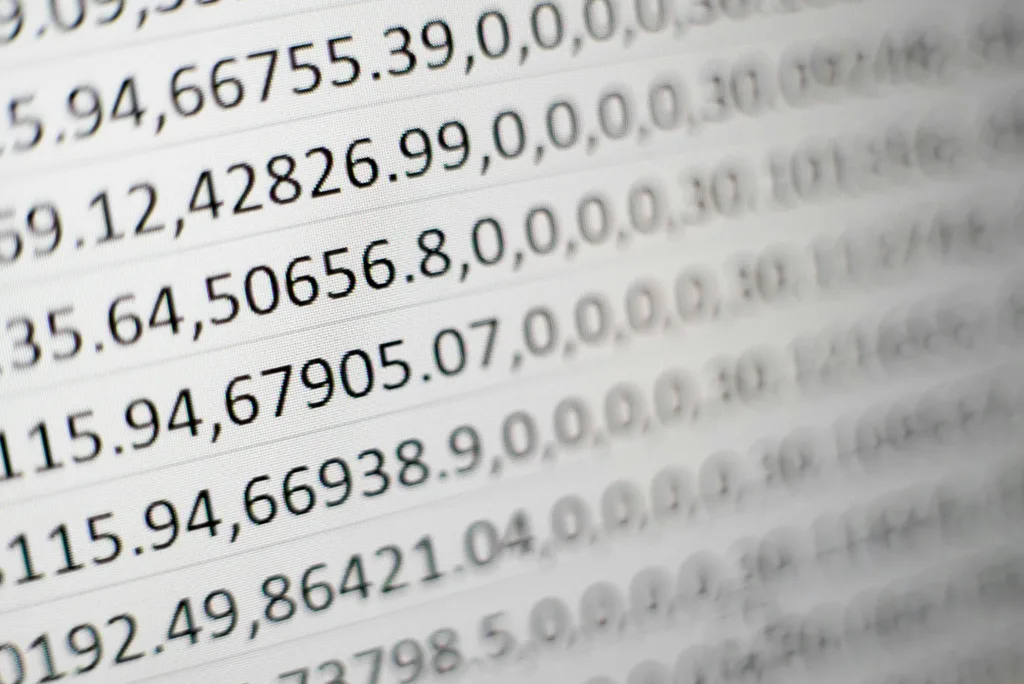Big Data is the #1 game changer in Cybersecurity
In today’s digital-first environment, where cyber threats loom larger and more complex than ever, Big Data emerges as a crucial ally in the battle against cybercrime. Massive volumes of data that, when analysed, can help in predicting, detecting, and responding to cyber threats with unprecedented precision. It’s a transformative approach that leverages the vast amount of data generated by digital activities to fortify cyber defences and safeguard digital assets.
Big Data’s Role in Strengthening Cybersecurity
The application of Big Data in cybersecurity marks a paradigm shift from traditional reactive security measures to proactive and predictive strategies. By harnessing the power of data analytics, cybersecurity professionals can uncover hidden patterns, detect anomalies, and predict potential breaches before they occur.
Threat Detection and Prevention
At the forefront of Big Data’s contributions to cybersecurity is its ability to enhance threat detection and prevention mechanisms. By analysing data from network traffic, logs, and past incidents, algorithms can identify unusual patterns that may signify a security threat, allowing for immediate action to prevent potential breaches.
Enhanced Incident Response
When security incidents occur, time is of the essence. Analytics on large data sets enable rapid analysis of the incident’s scope and impact, facilitating a quicker and more efficient response. This minimises downtime and reduces the potential damage from cyberattacks.
Risk Management and Compliance
Large amounts of data also plays a vital role in risk management and compliance. By continuously monitoring and analysing data, organisations can assess their risk exposure and ensure compliance with ever-evolving regulatory requirements. This proactive stance not only safeguards against cyber threats but also protects against legal and financial repercussions.

Transformative Examples of Big Data in Cybersecurity
The implementation of Big Data in cybersecurity is not just theoretical; its real-world applications are already making significant impacts across a few industries and applications. Below are a few to mention:
Fraud Detection
Financial institutions leverage Big Data to detect and prevent fraudulent activities. By analysing transaction patterns in real-time, these institutions can identify anomalies indicative of fraud, thereby protecting consumers and their assets. However, AI can also accidentally see a pattern that may not be an actual issue. Fraud preventors and detection needs to be supervised by a human to see if the found issue is acutally a problem or not.
Securing IoT Devices
As the Internet of Things (IoT) continues to expand, so does the potential attack surface for cybercriminals. Big Data analytics enable the monitoring of IoT devices for suspicious activities, ensuring that these connected devices do not become gateways for cyberattacks. Learn more about this issue..
Advanced Persistent Threats (APTs)
Big Data tools aid in the detection of APTs, sophisticated attacks that can linger undetected in networks for months or even years. Through continuous data analysis, potential APTs can be identified and neutralised early in their lifecycle.
Big Data is redefining the cybersecurity landscape, providing the tools and insights necessary to combat modern cyber threats effectively. By analysing vast datasets, cybersecurity professionals can anticipate threats, enhance defences, and respond more swiftly to incidents. As digital threats continue to evolve, the strategic integration of Big Data into cybersecurity practices will be paramount in protecting digital infrastructures and ensuring the integrity of our digital world, and this is bound to evolve rapidly over the next years.
Want to know how to use AI effectively?
Consider taking a course in artificial intelligence, or talk to us about the challenges of using AI in your organization, as well as the beneficial improvements AI can bring by improving workflows, strategy, content and even creativity when artificial intelligence is used in the right way.